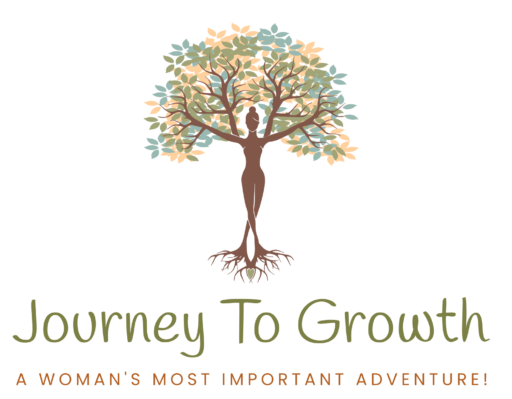For almost any western woman past the age of 25, there is a growing awareness that her shelf life is starting to erode. Though she may still be considered young and youthful in her twenties, as gets to the end of that decade, that awareness continues to build, so by the time she is in her thirties and forties, the pressure is undeniable.
It is unclear when the concept of youth equaling beauty, attractiveness and desirability in females began, but it may be largely due to the patriarchal societies that have existed for centuries when men alone could hold wealth and women were considered a man’s property, be it her father’s, brother’s or husband. At that time as well, women we married young, usually in their teens and to much older men, and among the criteria used to evaluate her desirability included her housekeeping abilities, her youth and beauty. As a result, and up to a few generations ago, if a woman was unmarried in her late twenties, she would be considered well past her prime and so, less desirable.
It should thus come as no surprise that although women have come a long way, we still live in a patriarchal society. So yes, we have separate and legal status, we can vote, buy and sell property in our name, and can work and even hold leadership positions, yet still, there is the pressure to be seen as young and beautiful.
On the other hand, men have not had that same pressure historically. Although a man’s youth and handsomeness might be acknowledged, his wealth could compensate for his age and unattractiveness. So a man in his mid-forties who was greying and pudgy, but wealthy, would more often than not be called distinguished. In other words, a man’s wealth and power were important metrics of his desirability, which continues to today.
The Inevitability of Age
As the Earth continues to revolve around the Sun, we are getting older, and the passage of time becomes increasingly evident in our bodies. As our bodies get older, our bones, organs and tissue are ageing, and may even begin to malfunction. The energy and metabolism we had in our youth have been in decline over the years, and we begin to slow down.
Modern medicine may help us to manage many of the challenges we have developed as we have aged to the point that few may even know of our ailments, but the external evidence of ageing is not as easy to conceal. Wrinkles appear, our hair is greying faster than we would like, our skin starts to sag, and our muscle tone is no longer what it used to be. However, with the global beauty and care market generating revenue of USD 528.60 billion in 2022, there are a plethora of products that feed into our insecurities about getting older and promise to solve our problems.
Notwithstanding, the sobering truth is that we are getting older. Most of the products that claim to reverse signs of ageing do so temporarily – if they work. And if they are stopped, the benefits quickly disappear. In other words, trying to maintain a certain degree of youthfulness requires constant maintenance in terms of time, money, and effort.
Growing Old Gracefully?
Outside of the maintenance required and the pressure from society to appear younger-looking, many of us have not truly confronted the fact that we are getting older and the changes that are occurring in our bodies, especially with our appearance. Moreover, we may not have yet done the requisite self-examination to determine how comfortable we are in our skin, and how honest we would like to be with ourselves and with others about who we truly are.
In some quarters it could be argued that those who are not allowing themselves to get old naturally are lying to or deluding themselves, albeit poorly. However, what is not always understood is how complex the relationship women tend to have with ageing, which is often based on early and subconscious socialization, which is at the root of how we see ourselves and the space we occupy in the world.
When our youth fades, the fear is that we lose our relevance, that we are overlooked and are compared unkindly with the younger women, who inherently we might see as our competitors. Telling us that we need to gracefully ride off into the sunset, in our forties for example, especially when we are living well into our seventies older, are still productive members of society, with enviable spending power and energy, seems harsh.
At the same time, It is wise to be mindful of the “mutton dressed as lamb” comparisons, by acknowledging that there might be looks that we may no longer be able to pull off convincingly. Such a small step could go a long way to being the reconciliation process between who you used to be and who you are now.
Image: Artem Labunsky (Unsplash)


0 Comments